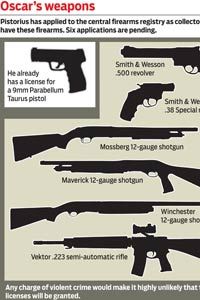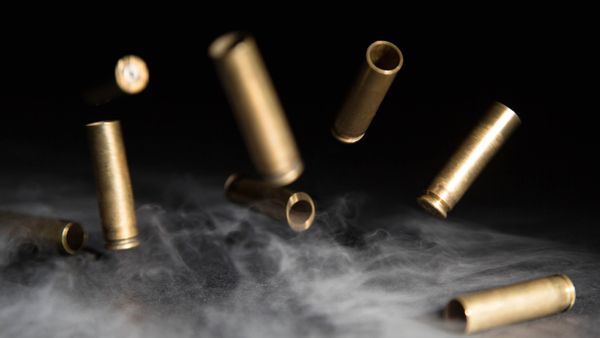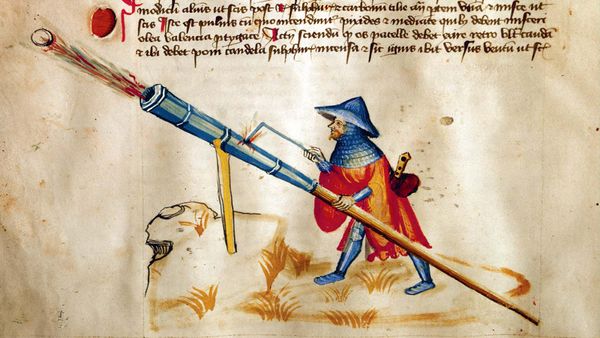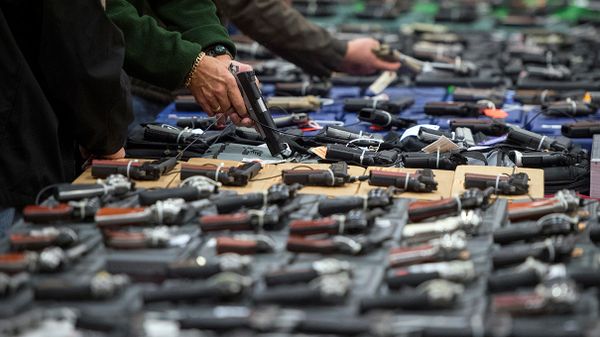In the wake of any gun-related tragedy, one of the big questions that always arises is: Would this have happened if the person hadn't had a gun? Would country singer Mindy McCready still have killed her dog and then herself? Would Olympian Oscar Pistorius have shot his girlfriend? We obviously can't go back in time and see how these situations would have played out sans firearms, but we can look at the research into how gun ownership affects human behavior.
Pro-gun advocates often say they own guns for sport -- hunting and target practice -- or as protection from criminals [source: Bushman]. They say that gun ownership is higher than ever in the U.S., and not coincidentally, the murder rate has fallen 49 percent since 1991 [source: National Rifle Association].
Advertisement
Pro-gun control advocates argue that fewer available guns would equal less death and that other weapons like knives -- while still dangerous – don't kill as many people as guns do [source: Anderson]. The 2012 General Social Survey says that household gun ownership has hit a 35-year low, coming in at just 34 percent compared with 43 percent in the 1990s, which would counteract the correlation between ownership and a decreased crime rate [source: Tavernise and Gebeloff]. The discrepancy between the two reports is probably because while fewer U.S. households might have guns, the ones that do have more of them than they used to.
The ways that gun ownership impacts behavior are complicated to say the least. But research seems to indicate that owning a gun or even just seeing one does change how people behave.
There's something called the "weapons effect," a phenomenon first studied in 1967. Researchers Leonard Berkowitz and Anthony LePage found that just the presence of firearms in a room made people take more aggressive actions, administering stronger electric shocks to other study participants. A 1975 study showed that a person drove more aggressively when behind a truck with a gun in a rack than one with no gun – even though logic might caution you about honking your horn at a truck displaying a weapon. People have an evolutionary propensity to identify dangerous items very quickly – and studies show people can identify guns as quickly as snakes. It seems as if weapons trigger the same part of our brain as danger and aggression [source: Bushman]. Another 2006 study showed that gun interaction increased testosterone levels and aggressive behavior in men [source: Klinesmith].
Advertisement




